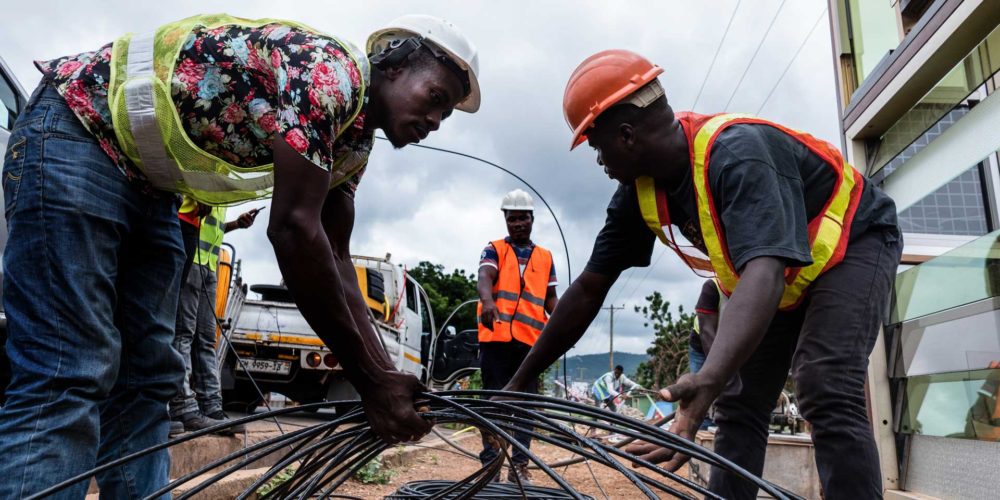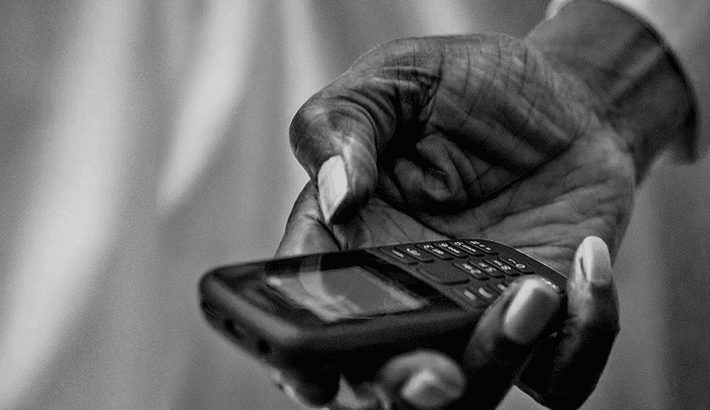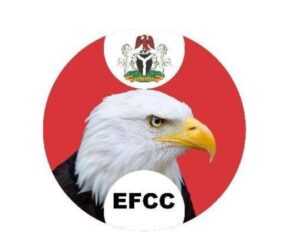Telecoms company, MTN Nigeria, has announced a scheduled network maintenance activity that will impact 101 sites in 15 LGAs across Adamawa, Borno and Kano states. The service will affect 2G, 3G, 4G, and 10 enterprise services in the designated areas for two hours.
According to a statement by its spokesperson, Lakinbofa Goodluck, the maintenance work aims at permanently restoring a previously damaged fibre infrastructure along the AFCOT–Bawo Village route in Adamawa state.
The activities involved include cutting over traffic to a newly installed fibre infrastructure will take place between 6 and 8 AM on Sunday, August 24th. “This upgrade is necessary to eliminate damaged fibre spans and improve overall network stability”, the statement explained.
The areas to be affected include Kano State (Nasarawa LGA), Adamawa State (Girei, Song, Mubi North, Hong, Gombi, Fufore, Mubi South, Madagali, Michika, Maiha, Chibok and Yola North LGA) and Borno State (Askira/UBA and Shani LGA). The company also added that the work will be carried out during daylight hours for security reasons.

Due to the linear and unprotected nature of the route, services will be interrupted during the maintenance window. The company apologised for the expected toll of the exercise on subscribers. “MTN regrets any inconvenience this may cause and appreciates your understanding as we work to improve service quality and reliability”, the statement added.
MTN, Fibre cuts and Service disruptions in Nigeria
Service disruption is a recurring challenge in the Nigerian telecoms industry. Data from the Nigerian Communications Commission’s live incident portal revealed that telecommunication services were severely disrupted in at least nine states across Nigeria during the first week of June 2025, following multiple incidents of fibre cuts.
The data showed that the disruptions affected major operators, including Airtel, MTN, 9Mobile, and Globacom, with interruptions reported in Rivers, Katsina, Lagos, Enugu, Benue, Anambra, Imo, Abia, and Akwa Ibom states.
Fibre cuts accounted for seven out of the nine recorded incidents during the period under review, affecting a range of services including voice calls, SMS, USSD, and mobile data.
On its part, MTN reported 4,700 cable cuts on its network at the end of June 2025 alone, bringing the total to about 13,700 incidents in 18 months. A breakdown of the incidents by zone showed that about 2,500 cuts occurred in northern Nigeria, 2,800 in the south-west, while 3,500 were recorded in the south-east and south-south regions combined.


In response, the Nigerian government has shown an early commitment to solving the problems. In July 2024, President Bola Ahmed Tinubu signed a presidential order that designates all telecommunications infrastructure as critical national information infrastructure (CNI).
Although enforcement has stalled, the move criminalises the destruction of telecoms infrastructure, stipulating a 10-year jail term for culprits. It also prohibits governments from damaging telecoms infrastructure without a court order.
On his part, Yahaya Ibrahim, the telco’s chief technical officer (CTO) indicated that vandalism and road construction account for 69% of total fibre cuts across the country. He emphasised the need for education:
“We need to educate ourselves on the importance of telecommunication services to Nigerians, how our economic, social, political and security activities are dependent on telecommunications. This is how critical connectivity has become to Nigerians. When services are down, people will not be able to do activities like online banking transactions. I mean, the consequences of not having connectivity are far-reaching.
“Once we educate, then we can go to enforcement. Safeguarding of telecoms infrastructure is the collective responsibility of everyone because of its importance to our daily lives”, he concluded.








